Applying Internet Universality ROAM-X framework for WSIS+20 review and Global Digital Compact
UNESCO
Session 197
The workshop, which is jointly organized by UNESCO Information for All Programme (IFAP) and Regional Center for Studies on the Development of the Information Society (Cetic.br), aims to raise awareness and build capacity for Member States and relevant stakeholders on applying UNESCO ROAM principles in digital policies, and conducting ROAM-X assessment at national level, in order to support the implementation of WSIS+20 review and UN Secretary General’s development of Global Digital Compact.
The Internet Universality ROAM-X Indicators framework consists of a set of 303 indicators including 109 core ones that aim to assess how well national stakeholders, including governments, companies and civil society perform in adhering to the ROAM principles of Rights, Openness, Accessibility and Multi-stakeholder participation, as well as 79 cross-cutting indicators concerning gender equality, youth, ethical dimensions and sustainable development.
Through its work promoting Internet Universality, UNESCO currently supports 44 countries in 5 continents in conducting their national assessments using the ROAM-X indicators. Thus, UNESCO invites all stakeholders to join the Dynamic Coalition of Internet Universality Indicators to build Internet policies for the development of their digital and social environments.
Within the house, the ROAM-X framework currently provides a toolkit to assess 6 priorities of UENSCO IFAP: Information Literacy, Information Preservation, Information for Development, Information Ethics, Information Accessibility, Multilingualism. It also closely aligns with 17 SDGs and aims to accelerate the achievement of these goals by 2030.
The session will take a roundtable format and invite discussants to share views and trigger interactive discussions on two questions:
1. What follow up actions have been taken or should be taken following the ROAM-X assessments at national level to support the implementation of WSIS+20 review and Global Digital Impact? what are lessons learned and good practice to share in experimenting with a multi-stakeholder approach?
2. What relevance of ROAM do you perceive at global level? How do you think ROAM-X indicators should be revised and updated so as to address the evolving digital ecosystem, WSIS +20 review and Global digital compact?
Draft Agenda:
Moderated by: Xianhong HU, Programme Specialist, UNESCO
10h00-10h05: Opening remarks by Marielza Oliveira, Director for Division for Digital Inclusion and Policies and Digital Transformation and Secretary of the Information for All Programme, UNESCO/HQ, 5
10h05-10:15 UNESCO’s introduction presentation on ROAM-X project: impact and update by Xianhong HU, Programme Specialist, UNESCO/HQ, and Simon Ellis, the international advisor of ROAM-X project. 10’
10h15-11h05 Round table discussion with discussants on Question 1, 50’
· Fabio Senne, ICT Projects Coordinator, Center of Studies for Information and Communications Technologies (CETIC.br)
· Alain Kiyindou, UNESCO Chair in PETCD (University of Bordeaux-Montaigne)
· Dorothy Gordon, The Chair of UNESCO Information for All Programme (online)
· Simon Ellis, the international advisor of ROAM-X project (online)
Open Floor
11h05-11h55 Round table discussion with discussants on Question 2, 50’
· Stephen Wyber, IFLA
· Deniz Susar, UNDESA
· Onica N. Makwakwa, Executive Director, Global Digital Inclusion Partnership (online)
· Anriette Esterhuysen, former Chair of IGF MAG (online)
· David Souter, the International advisor of ROAM-X project (online)
Open Floor
11h55-12h00 Closing remarks by Marielza Oliveira
Rapporteur by: Xiaojie Sun, Junior Programme Officer, UNESCO
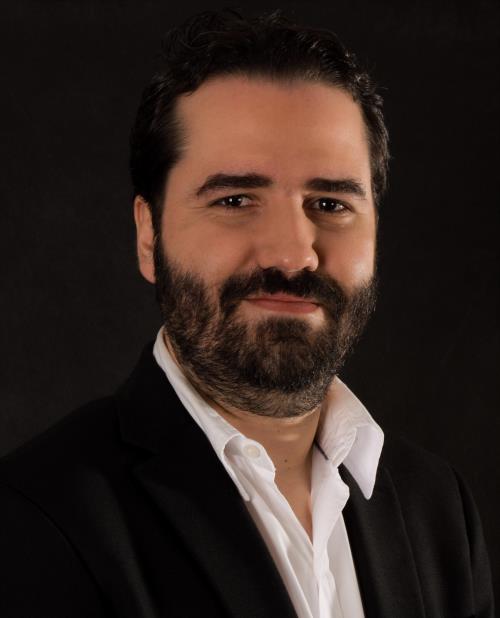
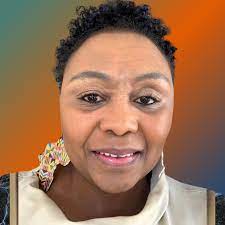
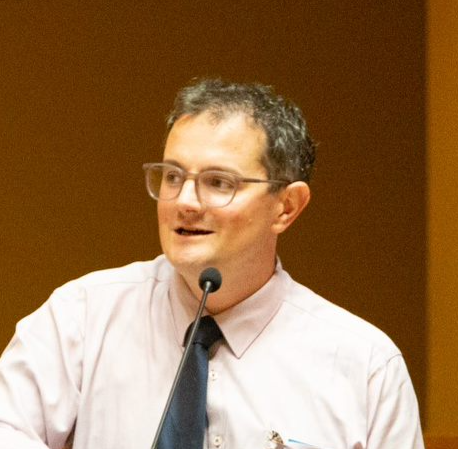
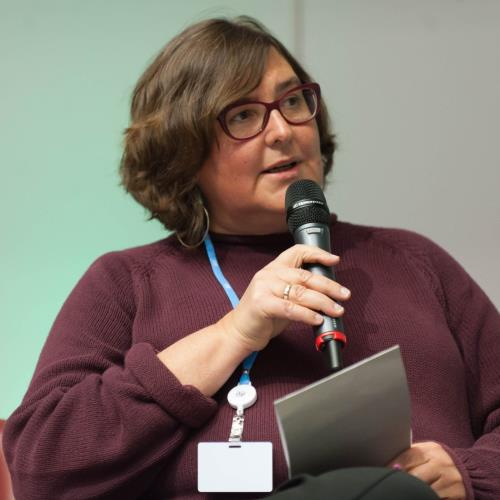
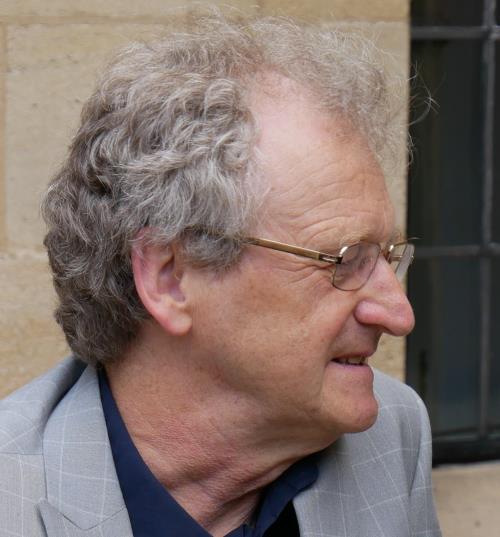
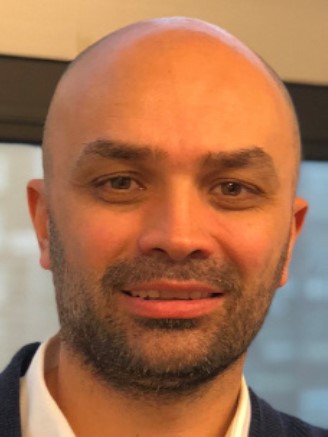
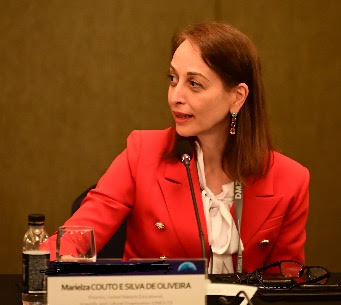
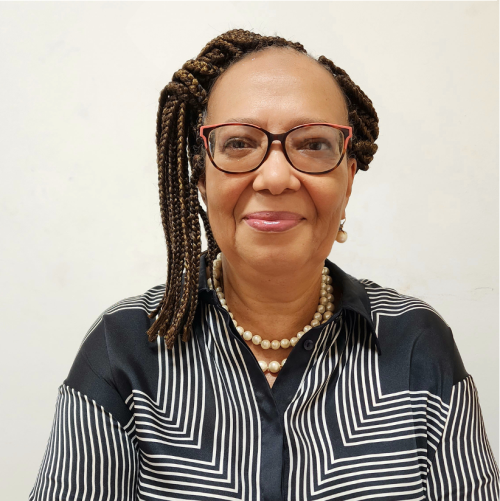
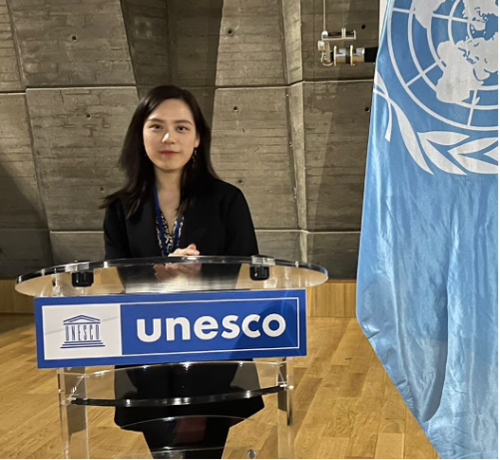
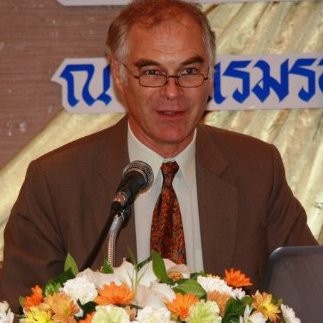
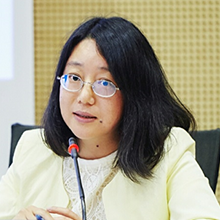
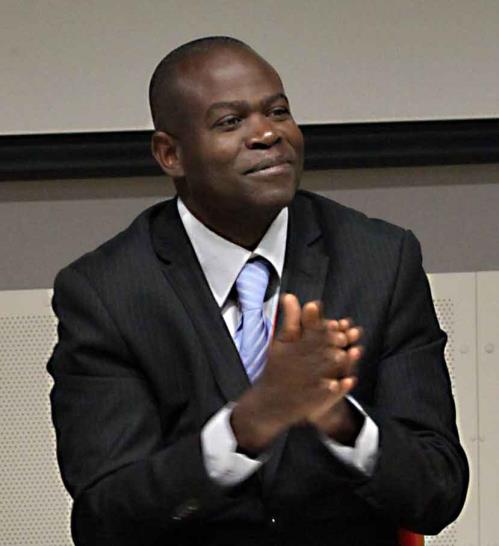
-
 C1. The role of governments and all stakeholders in the promotion of ICTs for development
C1. The role of governments and all stakeholders in the promotion of ICTs for development
-
 C3. Access to information and knowledge
C3. Access to information and knowledge
-
 C4. Capacity building
C4. Capacity building
-
 C7. ICT applications: benefits in all aspects of life — E-government
C7. ICT applications: benefits in all aspects of life — E-government
-
 C9. Media
C9. Media
-
 C10. Ethical dimensions of the Information Society
C10. Ethical dimensions of the Information Society
-
 C11. International and regional cooperation
C11. International and regional cooperation
C3, C9, C10
-
 Goal 4: Ensure inclusive and equitable quality education and promote lifelong learning opportunities for all
Goal 4: Ensure inclusive and equitable quality education and promote lifelong learning opportunities for all
-
 Goal 5: Achieve gender equality and empower all women and girls
Goal 5: Achieve gender equality and empower all women and girls
-
 Goal 16: Promote just, peaceful and inclusive societies
Goal 16: Promote just, peaceful and inclusive societies
The session contributes to bridging digital divide and harnessing emerging technology based on Rights, Openness, Accessibility and Multi-stakeholder approach for achieving SDGs.
https://www.unesco.org/en/internet-universality-indicators
https://www.unesco.org/en/ifap